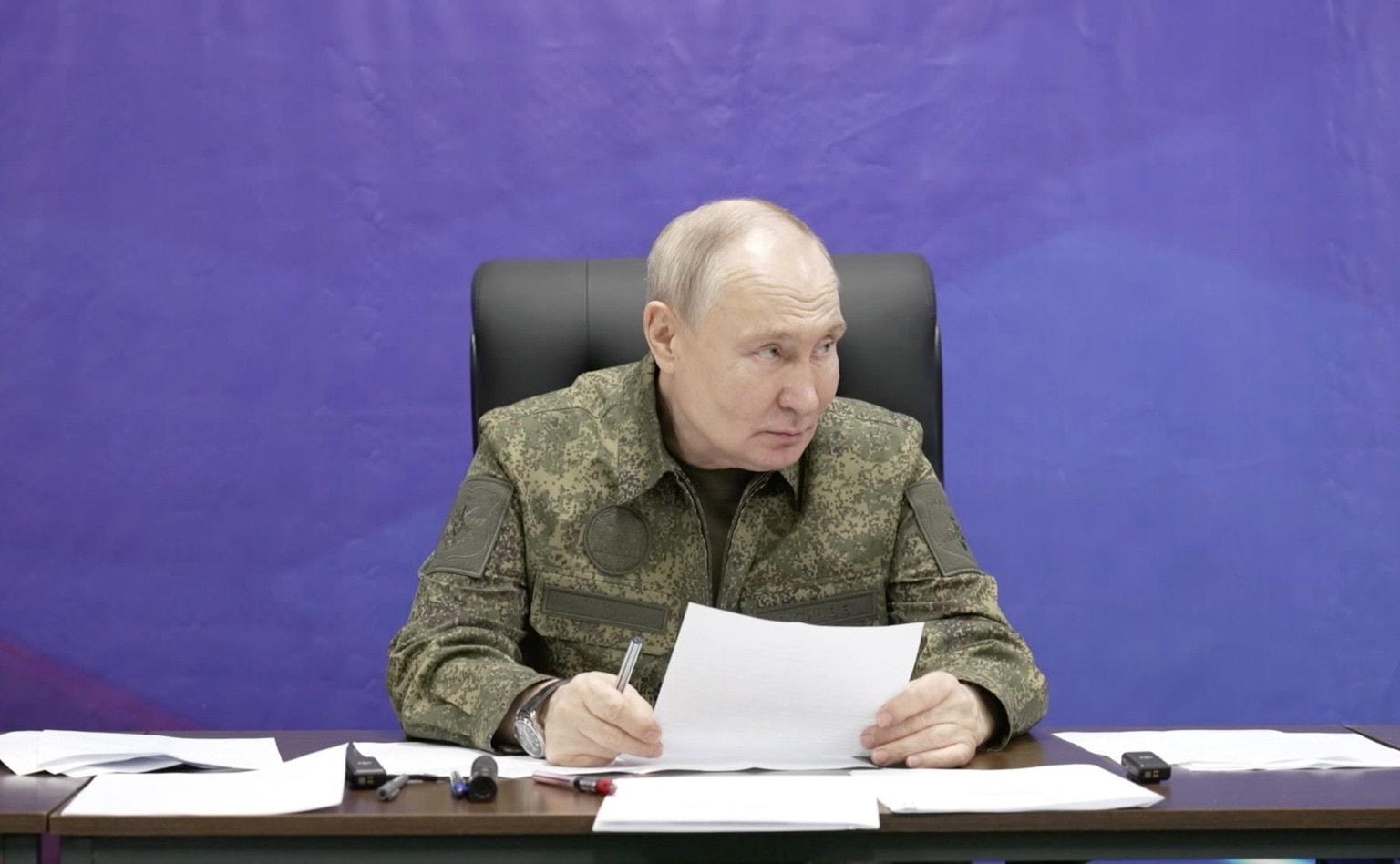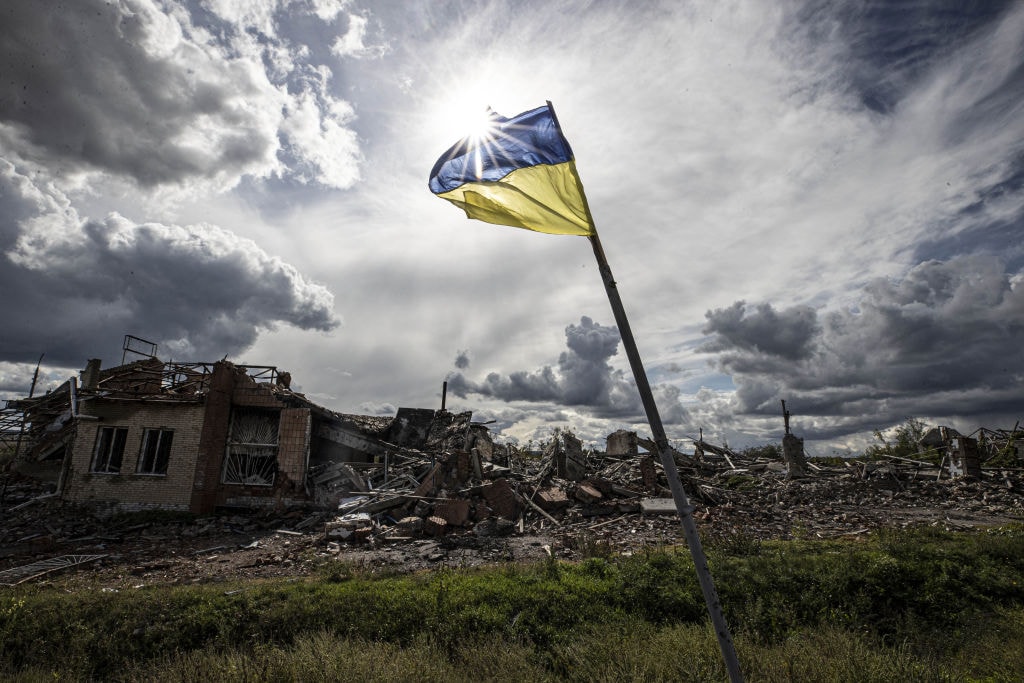Ukraine news
News Feed
High-stakes talks between US envoy Witkoff and Putin on ending Russia's war in Ukraine have concluded
Kremlin spokesperson Dmitry Peskov said Witkoff will present Putin with the latest version of the U.S.-Ukraine framework drafted during recent rounds of talks in Geneva and Florida.

Ukraine war latest: HUR drones hit Russian air defenses in occupied Donbas
Hello, this is Chris York, reporting from Kyiv on day 1,378 of Russia’s full-scale invasion of Ukraine. While the international focus remains on Trump's peace deal negotiations in Moscow, our focus in this blog is on updates from the front: Our top story so far: Drones launched by Ukraine's military intelligence struck Russian air defense systems in occupied Donbas, the agency claimed on Dec. 2, knocking out a launcher from a S-300 SAM system, and two 1L125 Niobium-SV radar stations. "Such s

Ukraine detains British ex-military trainer suspected of spying for Russia, SBU source says
The Security Service of Ukraine (SBU) has detained British citizen Ross David Cutmore, who came to Ukraine as a military instructor, on suspicion of working for Russian intelligence, an SBU source told the Kyiv Independent on Dec. 2.

Why a Ukraine peace deal can't include amnesty for Russia's war crimes
A U.S.-backed 28-point peace plan leaked last month caused uproar in Ukraine and among its allies, among other reasons, because it contained a controversial point implying, in vague terms, a "full amnesty" for acts committed during the war. While Ukrainian officials later claimed that this clause had since been removed, critics fear that it could still return to the text, bringing with it a culture of impunity for war crimes. As talks aiming to secure a peace deal continued with a high-level U

Russia 'ready right now' for war with Europe, Putin says before meeting US envoy
Russian President Vladimir Putin said Europe "has no peaceful agenda" and "is on the side of war" just before meeting U.S. Special Envoy Steve Witkoff.

Where is Ukraine’s front line? The answer is getting harder, and more political
In the tumultuous history of modern warfare, the information struggle has often been fought with the same fury as the kinetic. Amid all the attempts to portray success instead of failure, to exude control when there is chaos, there is one hard truth that is difficult to hide from for long: the movement of the front line. What was — for the entire history of conflict until the last decade — once concealed by the fog of war and hostage to the information politics of the belligerents, is now read

About Ukraine
The Kyiv Independent delivers reliable news, context, and on-the-ground reporting from Ukraine. The largest country located entirely in Europe, Ukrainian territory covers 603,628 square kilometers (233,062 square miles), and is bordered by bordered by seven countries, namely Russia, Belarus, Poland, Slovakia, Hungary, Romania, and Moldova. Ukraine traces its history back to the medieval state of Kyivan Rus.
Most Popular
A Russian military victory in Ukraine would cost Europe twice as much as a Ukrainian victory, according to a new study by Corisk and the Norwegian Institute of International Affairs published on Nov. 25.


















